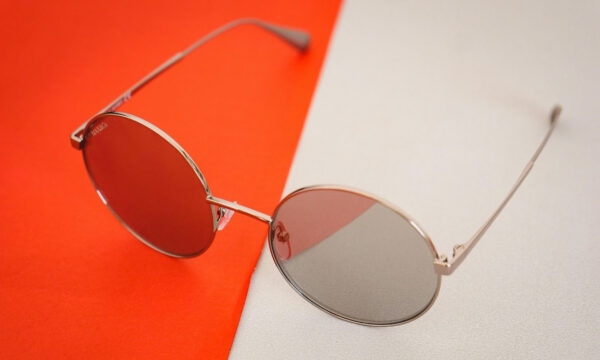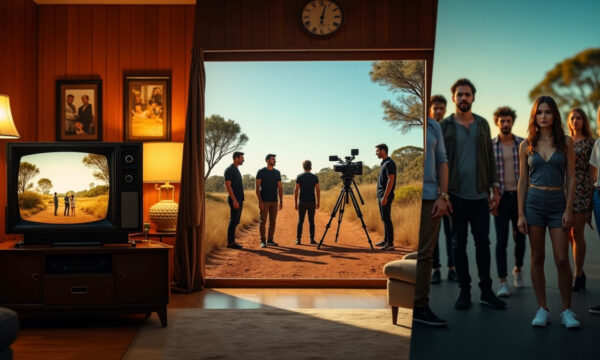How to reduce your plastic use in 2020

Plastic is causing untold damage to the world’s oceans. Climate experts predict that if we continue throwing away plastic at the current rate, our oceans will contain more plastic than fish within the next 30 years. It’s time to make a change and reduce plastic use, but you don’t have to overhaul your life to make a difference – small changes will go a long way in the fight against climate change.
With the new year just around the corner, it’s the perfect time to evaluate your plastic use and work towards becoming plastic-free. Offset book printing specialists Where The Trade Buys have put together this step-by-step guide to get you started.
Switch to using a bamboo toothbrush
Plastic toothbrushes take 400 years to decompose, and if you consider how many you go through in a lifetime, the life span of them all is shocking. A bamboo toothbrush on the other hand, only takes five to ten years — minimal in comparison!
Ditch the takeaway coffee cups
Takeaway coffee cups are a major source of waste material and plastic bottles take a shocking 450 years to decompose. With this in mind, it is more pressing than ever to make the switch to reusable items. KeepCups and Chilly’s Bottles are popular brands that focus on sustainable products.
Spend less, shop less
This last one is essential, although perhaps not as easy as the other lifestyle changes. Every time you buy something, especially online, it is likely to come swaddled in needless layers of plastic. If you cut down on this spending, you could make a real environmental change.
Opt for soap and shampoo bars instead of bottles
Shampoo and hand soap always seem to come with excess plastic packaging. There is simply no need to coat these items in plastic, as they work perfectly well in bar form. This is another tiny switch that will make little difference to your daily routine but really help out the environment.
Use a refill station for detergent and washing up liquid
Instead of chucking out the plastic bottle when your washing up liquid runs out, hold on to it and get it refilled! Lots of sustainable shops now offer this service, making it easier than ever to opt for refills rather than wasting more plastic.
Buy your fruit and veg unpackaged
Many supermarkets are now making the switch to packaging-free products. If you have the option, choose to load up brown paper bags with fruit and vegetables rather than choosing pre-packaged food. Alternatively, you could grow your own veg in a greenhouse or allotment.
Switch to zero waste shopping
Thankfully, zero-waste shops are becoming far more common in the UK. The idea of zero waste shops is that they sell produce with absolutely no plastic packaging. Switching up your shopping routine and choosing a zero-waste shop would be a great habit to get into in 2020. You can find a list of zero waste shops and where to find them here.
Avoid using plastic bags and straws
Luckily, these items are becoming less commonplace in the UK today. However, it can still be difficult to avoid them at times. When you pick up a takeaway, for example, don’t be afraid to say no to the excess plastic bags your food is wrapped in.
Use sustainable tubs
Along the same theme, consider switching to sustainable tubs. There are plenty of alternatives to wasteful plastic tubs, such as bamboo, glass, or stainless-steel alternatives. Oxfam do a great range!
Use Bee’s Wrap instead of clingfilm
Sustainable food storage is another factor that people often forget to consider. We throw away single-use clingfilm without a second thought because it seems like such a necessity within our lives. Now, however, there are plenty of alternatives to use if you want to go plastic-free. Bee’s Wrap, for example, is a “natural alternative to plastic wrap” which can be used time and time again.
You don’t need to make drastic changes or even make the changes all at once. If everyone chips in and makes an effort towards sustainability, we will see a reduced amount of plastic polluting our oceans.
The editorial unit
























Facebook
Twitter
Instagram
YouTube
RSS